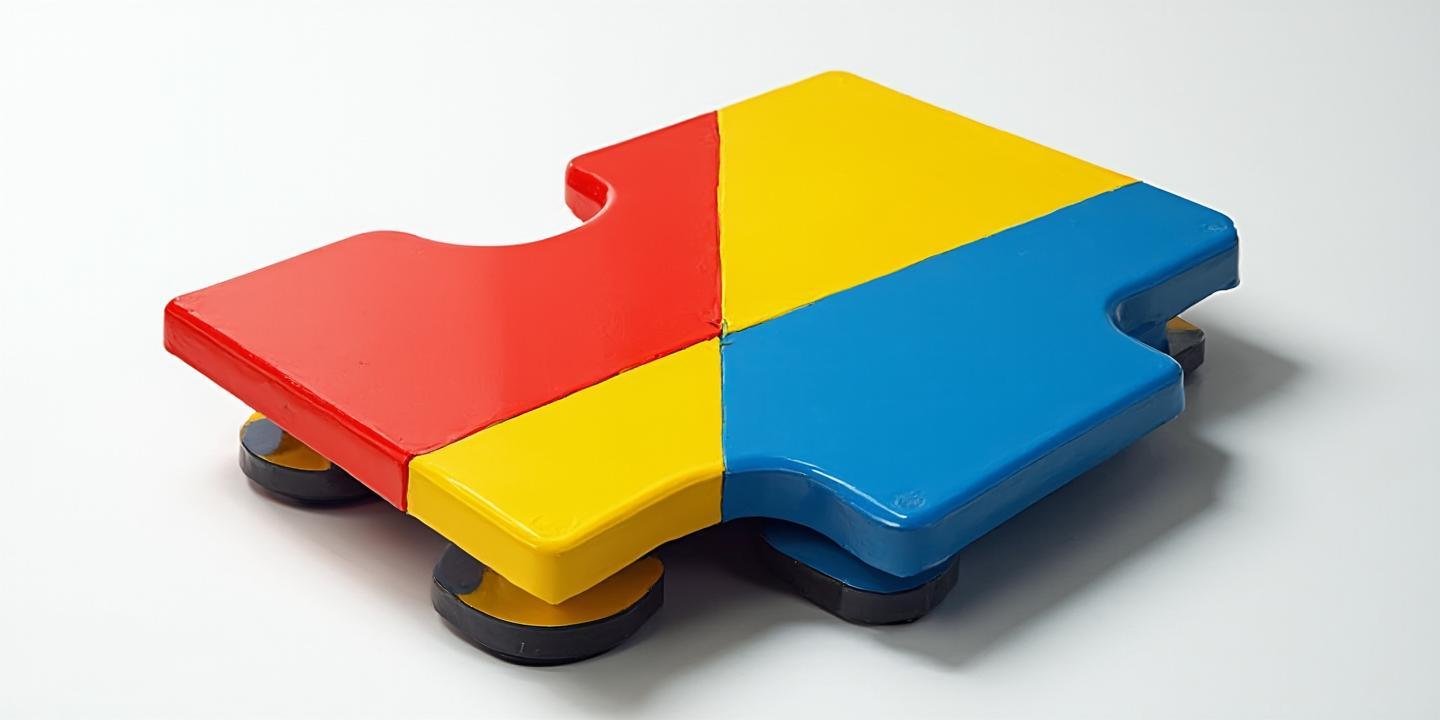
在学习英语的过程中,让步状语从句(Concessive Clauses)是一个重要的语法点。它用于表达“尽管”“即使”等让步关系,帮助我们更灵活地表达复杂的思想。本文将围绕“10个bag的英语让步状语从句”这一主题,深入探讨其用法、结构和实际应用,并通过具体例句帮助读者更好地掌握这一语法知识。无论你是英语初学者还是希望提升语言能力的学习者,这篇文章都将为你提供实用的指导。
1. 什么是让步状语从句?
让步状语从句是一种用来表达让步关系的从句,通常由“although”“even though”“though”等引导词引入。它的特点是主句和从句之间存在对立或矛盾,但主句的结论依然成立。例如:
- Although it was raining, we went for a walk.(尽管下雨了,我们还是去散步了。)
2. 让步状语从句的常见引导词
以下是10个常见的引导让步状语从句的词汇(即“10个bag”):
- Although
- Even though
- Though
- While
- Whereas
- Even if
- No matter
- In spite of the fact that
- Despite the fact that
- Granted that
3. “Although”的用法
“Although”是最常用的让步状语从句引导词之一,通常位于句首或句中。例如:
- Although he was tired, he continued working.(尽管他很累,但他继续工作。)
- He continued working, although he was tired.(他继续工作,尽管他很累。)
注意:在使用“although”时,主句和从句之间不能用“but”连接,因为“although”已经表达了让步关系。
4. “Even though”的强调作用
“Even though”与“although”类似,但语气更强,强调即使在极端情况下,主句依然成立。例如:
- Even though she studied hard, she failed the exam.(尽管她努力学习,但她还是考试不及格。)
5. “Though”的灵活用法
“Though”既可以用于正式场合,也可以用于非正式场合,通常位于句末,表示一种轻描淡写的让步。例如:
- It was a difficult task, though.(那是个困难的任务,不过。)
6. “While”和“Whereas”的对比用法
“While”和“Whereas”通常用于对比两个不同的情况,但也可以表示让步。例如:
- While I understand your point, I disagree.(虽然我理解你的观点,但我不同意。)
- Whereas he is rich, he is not happy.(尽管他很富有,但他并不快乐。)
7. “Even if”的假设性让步
“Even if”用于表达即使在假设的情况下,主句依然成立。例如:
- Even if it rains tomorrow, we will go hiking.(即使明天下雨,我们也会去远足。)
8. “No matter”的普遍性让步
“No matter”通常与“what”“how”“when”等疑问词连用,表示无论什么情况下,主句都成立。例如:
- No matter how hard he tries, he can’t solve the problem.(无论他多么努力,他都无法解决这个问题。)
9. “In spite of the fact that”和“Despite the fact that”的正式用法
这两个短语较为正式,用于强调让步关系。例如:
- In spite of the fact that he was ill, he attended the meeting.(尽管他生病了,他还是参加了会议。)
- Despite the fact that she was late, she completed the task.(尽管她迟到了,她还是完成了任务。)
10. “Granted that”的承认性让步
“Granted that”用于承认某种事实,但主句依然成立。例如:
- Granted that he is talented, he still needs to work hard.(尽管他很有天赋,但他仍然需要努力。)
11. 让步状语从句的注意事项
在使用让步状语从句时,需要注意以下几点:
- 主句和从句的逻辑关系:让步状语从句表达的是让步关系,主句和从句之间不能使用“but”等表示转折的连词。
- 引导词的位置:大多数引导词可以位于句首或句中,但“though”通常用于句末。
- 语气的强弱:不同的引导词表达的让步语气不同,例如“even though”比“although”更加强调。
12. 让步状语从句的实际应用
让步状语从句在日常生活和学术写作中都非常常见。例如:
- 在日常对话中:
- Although I don’t like coffee, I drink it every morning.(虽然我不喜欢咖啡,但我每天早上都喝。)
- 在学术写作中:
- Even though the experiment failed, the data provided valuable insights.(尽管实验失败了,但数据提供了有价值的见解。)
13. 常见错误分析
初学者在使用让步状语从句时,常犯以下错误:
- 错误1:在主句和从句之间使用“but”。
- 错误例句:Although it was late, but we stayed.
- 正确例句:Although it was late, we stayed.
- 错误2:混淆“even if”和“even though”。
- 错误例句:Even if he was tired, he went to the party.
- 正确例句:Even though he was tired, he went to the party.
14. 让步状语从句的练习
为了更好地掌握让步状语从句,可以尝试以下练习:
- 用“although”改写以下句子:
- It was cold, but we went outside.
- 用“even if”完成以下句子:
- __________, I will support you.
15. 让步状语从句的高级用法
对于高级学习者,可以尝试使用更复杂的让步状语从句结构,例如:
- However difficult the task may be, we must complete it.(无论任务多么困难,我们都必须完成它。)
- Much as I admire his talent, I cannot agree with his methods.(尽管我钦佩他的才华,但我无法同意他的方法。)
通过以上内容的学习和练习,相信你已经对“10个bag的英语让步状语从句”有了更深入的理解。无论是日常交流还是学术写作,掌握这一语法点都将为你的英语表达增添更多的灵活性和准确性。
猜你喜欢:fourth
